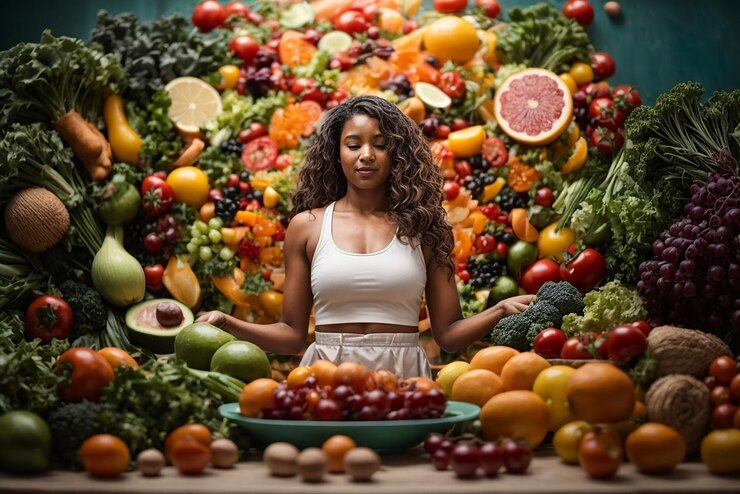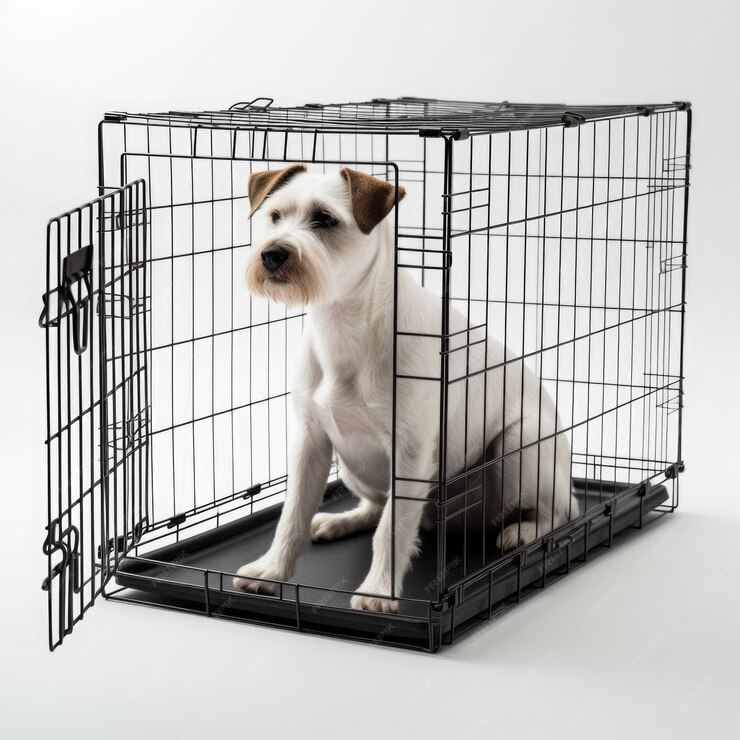7 Best Foods To Eat During Menstrual Cycle.
It has been recorded that an average number of women are not aware of what to eat during the menstrual period. According to the researchers, it shows that most women are facing a lot of problems during the menstrual period. As a person with a period, you’re likely acutely aware of how your own body and mood change throughout the course of a month. But you may not know that what you eat (and drink) also has an impact on the intensity of symptoms and overall experience of each phase of your cycle, from menstruation to ovulation, and beyond. So, in this post, I am going to discuss the best food to help during your menstrual period. As a woman menstruation is a natural and normal part of life, However it can come with many unpleasant symptoms such as cramps, bloating, fatigue and irritability. Additionally incomplete menstruation which is rather common can pose critical health implications in women. Below are the best foods to eat during the menstrual cycle.
1: Eat Food in Rich Iron.
Iron is an essential mineral that plays a crucial role in your body’s overall health. It helps your body produce hemoglobin, a protein in red blood cells that carries oxygen throughout your body. During menstruation your body loses blood which can lead to iron deficiency anemia if not properly replenished to prevent this, many women are not aware of this when they are in their menstrual cycle. As a woman in your menstrual period you should eat food with rich in iron so as to help in your cycle. It is important to eat food that are rich in iron such as
>Beef
>Broccoli
>Eggs
>Tofu
>Nuts
It is important to note that while iron is important during menstruation it is also important to consume foods that enhance iron absorption. Vitamin C is one such nutrient that can help your body absorb iron better. Some foods sources of Vitamin C include,
>Papaya
>Strawberries
>Tomatoes
>Oranges
2: Consume Foods With Vitamin B6.
Vitamin B6 is important for normal brain development and for keeping the nervous system and immune system healthy. Also it helps to regulate hormones and reduce inflammation during the menstruation cycle . High levels of hormones can cause inflammation leading to cramps and other discomfort. Some foods sources of Vitamin B6 include
>Bananas
>Potatoes
>Avocado
>Chicken
>Salmon
Also in Vitamin B6 in addition Magnesium is another nutrient that can help ease Menstrual cramps. Magnesium can help your muscles relax, reducing tension and cramps. Some foods sources of Magnesium include
>Dark Chocolate
>Spinach
>Avocado
3: Stay Hydrated
During menstrual cycle as a woman you should drink enough water so as to reduce tiredness during menstrual cycle. Drink at least 8 to 10 glasses of water a day during your period helps in fighting bloating and cramps as it flushes out your system. Also it reduces menstrual bleeding duration, pain killer utilization and pain intensity during menstrual period. In addition you can drink water you can also consume foods with high water content such as
>Cucumber
>Watermelon
>Zucchini
>Grapefruit
>Strawberries
N.B- It is also important to limit your intake of caffeine and alcohol during menstruation as these substances can dehydrate your body and worsen Menstrual symptoms
4: Incorporate Foods with Rich in Calcium
Calcium is another essential nutrient that can help alleviate menstrual symptoms. Calcium can help reduce muscle tension and cramps, Some foods sources of Calcium include
>Cheese is
>Milk
>Yogurt
It is important to note that Calcium supplements may not be as effective as getting Calcium from food sources ,So it is recommended to consume Calcium rich foods as part of your regular diet.
5:Fiber
Gastrointestinal changes can occur throughout the menstrual cycle, which can alter bowel movement frequency. Hormonal fluctuations can lead to slower gut motility and sometimes constipation in the days leading up to the period. During the period, however, looser stools may be more common. This is thought to be a result of the biochemical change that help shed the uterine lining, resulting in increased intestinal motility and contractions. The exact reason behind how this all happens is still being investigated.
Eating foods with soluble fiber such as fruit, oats, and ground flaxseeds during the period may help to thicken the stools. Care/of has a powdered combination of chia flax seeds, and pea fiber called “The Fiber Starters” as a convenient way to boost your fiber intake, support your digestive health, and help add bulk to your stools. One scoop contains 4 grams of fiber and it tastes great when added to yogurt, oatmeal, or protein shakes.
6:Magnesium
During menstrual cycle a woman should eat foods with magnesium. Because magnesium play it role in the body during menstrual cycle but many people do not aware of it. Magnesium can help promote period comfort through managing postaglandins relaxing the uterus, and reduce fluid retantion. Although these studies looked at specific types of magnesium in supplement form (oxide and Mg 5-longoral, Artesan GmbH), you can proactively increase intake of magnesium-rich foods such as pumpkin seeds, which contain a whopping 156mg magnesium per one ounce, as well as chia seeds, almonds, cashews, and spinach.
7:Antioxidants
Oxidative stress is a normal part of the daily bodily functions but needs to be kept in check by antioxidants. Antioxidants may help balance levels of increased oxidative stress during the period, which may help promote period comfort and manage other uncomfortable PMS related symptoms. These healthy compounds can also support hormone balance by protecting the endocrine system from oxidative stress and supporting the liver’s ability to metabolize hormones. This pilot study shows initial promise for antioxidants also supporting egg health and fertility.
Eating fruits and vegetables such as berries, citrus fruits, leafy greens, and cruciferous vegetables can help provide a variety of antioxidants.
Conclusion
A healthy and balanced diet is crucial during menstruation to ensure a complete and safe experience. Eating foods that are rich in iron, vitamin B6, Magnesium and Calcium as well as Staying hydrated can help alleviate discomfort promote overall well-being and make you glow from within during and after this time of the month. You can also take these supplements to improve your menses.
Frequently Asked Questions
1.Does food make the period better?
Some dietary changes may ease Menstrual symptoms in some people or help them stay healthy during their periods. For example, eating iron-rich foods can help replenish iron stores when a person is losing blood. Other minerals such as Magnesium and Zinc may help ease symptoms.
2.What is the best meal to eat on your periods?
Naturally, eating foods that decrease inflammation in the body will help to tame menstrual cramps. These foods include fruits, vegetables, whole grains, nuts and seeds.
3.Which fruit is best during periods?
Berries: Rich in antioxidants, berries help combat inflammation. Oranges: High in Vitamin C, Oranges boost your immune symptoms and acid iron absorption, watermelon, cucumber.
4.What causes Menstrual pain?
During your menstrual period your uterus contracts to help expel its lining. Hormonelike substances (prostaglandins) involved in pain and inflammation trigger the uterine muscle constructions. Higher levels of prostaglandins are associated with more severe menstrual cramps.
5.What not to drink during periods?
These three drinks are best avoided while menstruating as studies show they may only intensify cramping, headache, bloating and hormonal flux. These drinks are
•High-sugar drinks (soda, energy drinks)
•Alcohol
•Caffeine
6.Which exercise is best during periods?
Exercising while on your period can affect way to minimize common symptoms like cramps, bloating and low mood. You can participate in all types of exercises while you are in periods from lower intensity workouts like walking and yoga to more challenging activities like jogging.




Comments
Post a Comment